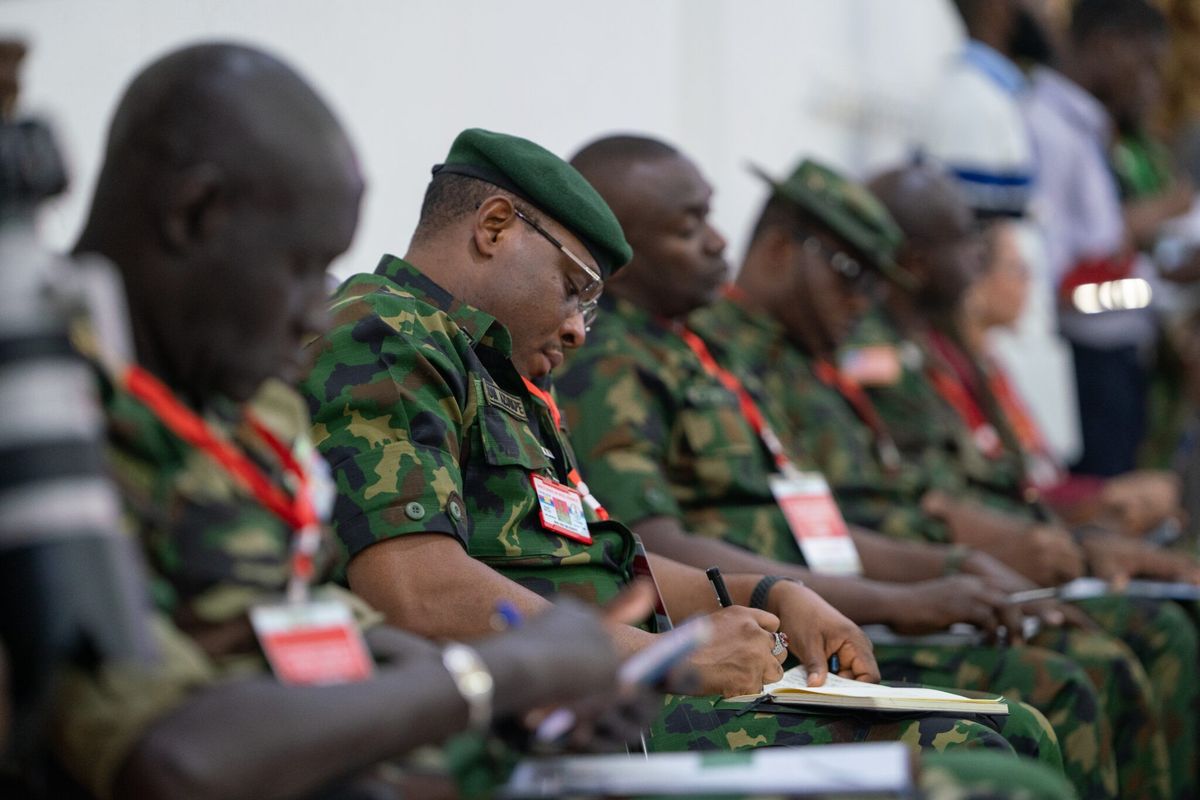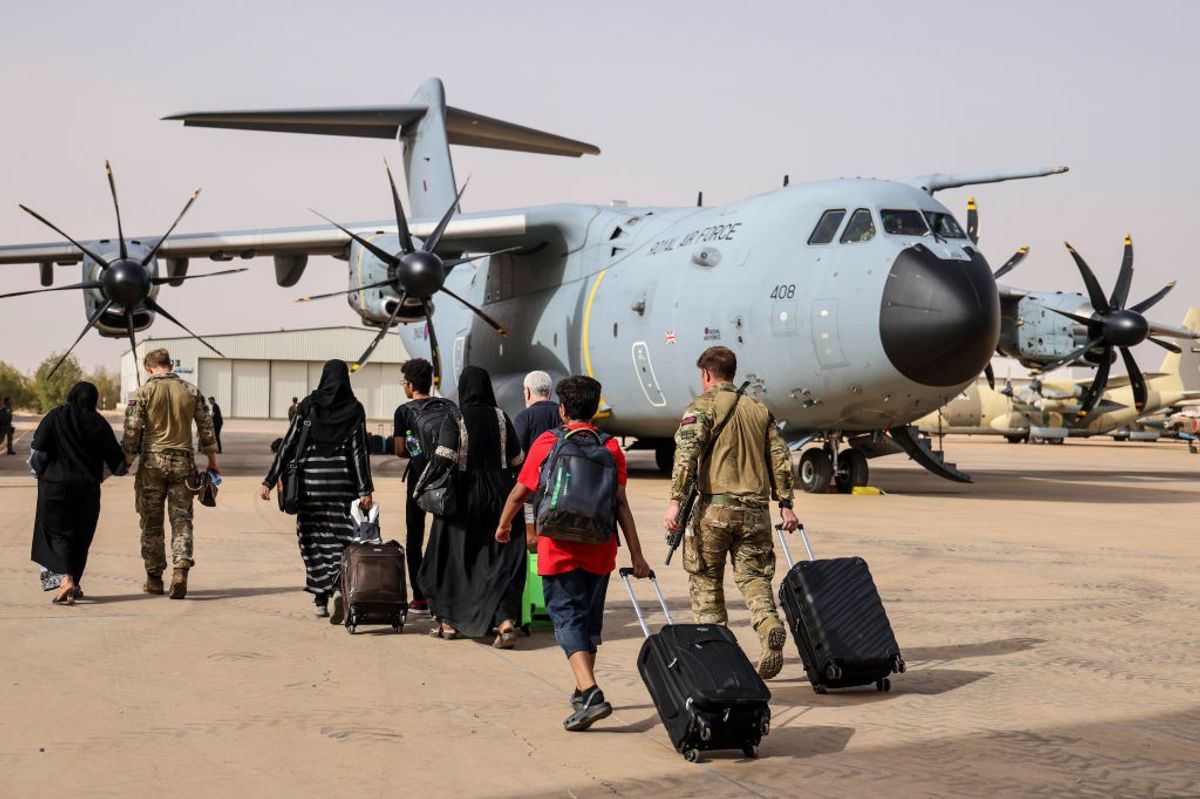Mozambique is a big investment opportunity for energy companies, but concerns over organized crime, corruption, and targeted kidnapping remain, along with a somewhat shaky political situation. The Cipher Brief’s Kaitlin Lavinder spoke with Alex Vines, Head of the Africa Programme at Chatham House, about prospects for Mozambique.
The Cipher Brief: Mozambique, although a relatively stable democracy in Africa, deals with internal security issues, like clashes between the opposition RENAMO and government forces. How destabilizing are these internal security issues for the country as a whole? Are there any other internal issues that could potentially destabilize the country?
Alex Vines: There has been a limited armed internal conflict focused mostly in central Mozambique since April 2013. A truce was announced by RENAMO in late December 2016, which has just been extended to May 2017 and currently seems to be holding. New peace talks started in early March between the government and RENAMO and the signs are an agreement is possible in the next few months. The emerging deal is around proper demobilization of RENAMO gunmen in exchange for jobs and benefits and the government agreeing to open up Mozambique's political system for gubernatorial elections – probably in 2019 alongside scheduled presidential and legislative elections.
TCB: There are reports that northern Mozambique could become a battleground for Islamic terror. Can you explain the security situation there? Is there a risk of terror groups spreading throughout the country and moving into other parts of Africa, using Mozambique as an access point?
AV: There is no evidence of radical Islamist groups active in northern Mozambique currently. The closest might be some recruitment of al Shabaab in Tanzania and Zanzibar, but even there, the evidence is sketchy. Organized crime, corruption, and targeted kidnapping are the prime concerns. It’s kidnapping for ransom that has concerned the oil and gas industry most, but this is also mostly targeted at Asian Mozambicans, a few Portuguese expatriates, and selected black Mozambicans.
TCB: How does the U.S. contribute to Mozambique’s security – for example, through counter-terror assistance or force training? If the U.S. doesn’t contribute much, should it? That is, what are the security risks to the U.S. of a destabilized Mozambique?
AV: The U.S. is a key bilateral aid donor in Mozambique, and this has given it leverage and influence. It is not a coincidence that the co-chair of the newly established International Contact Group to the resumed peace talks is Dean Pittman, the current U.S. Ambassador to Mozambique. Former U.S. Assistant Secretary of State for African Affairs under the Reagan administration and now Georgetown Professor, Chet Crocker, also played a role in mediation in 2016. It’s likely that as Mozambique prepares to become a globally significant exporter of gas in the 2020s, the U.S. government and commercial interest will scale up. That Exxon just farmed into Mozambique by buying some of ENI's gas concession illustrates how world class these gas prospects are.
TCB: Energy is one area in which there is a lot of investment opportunity in Mozambique – and, indeed, U.S. oil and gas company Anadarko has already invested quite a bit in the country, and you just mentioned Exxon as well. Will this investment opportunity grow in the coming years? Or are security risks so high that they outweigh the investment opportunity?
AV: Anadarko says it’s committed to Mozambique long-term, but for several years there has been speculation that it might be bought out by Exxon or another International Oil Company. Improved oil and gas prices have reduced this speculation a little, and Anadarko is trying to reassure the markets and the Mozambican government that it has got the funds and expertise to deliver gas production. Whatever the case, the gas story will be transformative for Mozambique and significant foreign direct investment will flow into Mozambique in the coming years.
In the short-term, Mozambique has to deal with one of the highest debt to GDP ratios in the world (in the same club as Venezuela) and an acute liquidity squeeze. A series of undisclosed commercial loans have punched a big hole in Mozambique's budget, and it’s unable in the short-term able to pay its commitments to bond holders. There were deals made in 2014, at the peak of commodity prices and under the previous government of President Armando Guebuza. Kroll is conducting an independent audit due for submission soon, and its findings will determine how Mozambique is treated by the International Monetary Fund and also bilateral donors going forward.
TCB: Are there other areas of investment opportunity in Mozambique?
AV: Agribusiness, coal, solar, and tourism all offer business opportunities in Mozambique, but investors first want to see that the Mozambican government gets a grip over its fiscal deficit, cleans up it loan scandal, and reaches agreement with the rebels RENAMO. President Filipe Nyusi is anxious to make progress on all of these before his party’s congress (FRELIMO) in the fall, at which he hopes to consolidate his power further, be re-elected president of FRELIMO, and win the party’s backing to be its presidential candidate in 2019.












